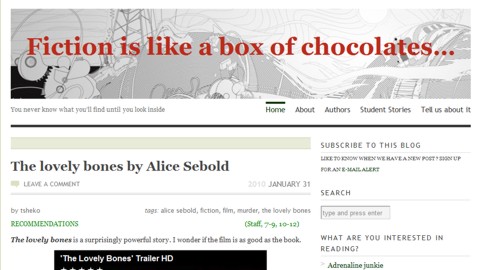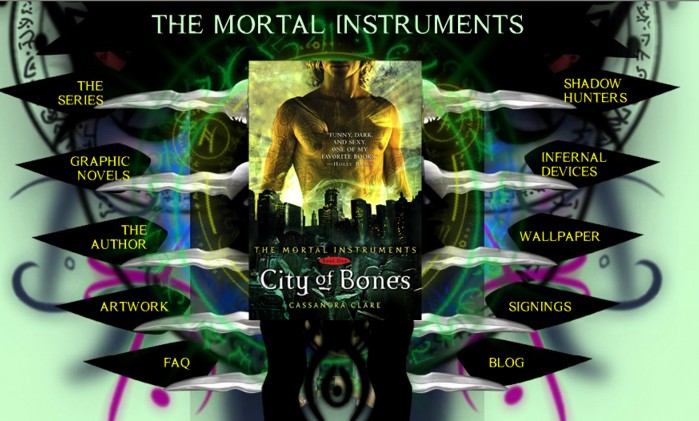
Photo by Alexander (Sasha) Sheko
Brazen plug for my son, Sasha’s, new collaborative blog about Melbourne – Brassofthebear. It’s just new but there’s plenty to read already. Here’s the ‘about’ –
Welcome to Brass of the Bear, a collaborative blog with a local focus written by people in and around Melbourne, Australia. The name of the blog is derived from Bearbrass, one of a few names by which Melbourne was originally known.
Brass of the Bear (BB) aims to feature a broad range of content within its local focus, such as:
- Reviews of cafes, restaurants, bars and the such,
- Information on local events, art, cinema and music
- Photography, writing and other locally based creative content
- Secrets, quirks, hidden locations and adventures to be had
- Information and opinion pieces on local community and political issues
BB is seeking contributors in any of the above areas (or even anything relevant that doesn’t fit into the above categories). Contact us at brassofthebear@gmail.com. We’d love to hear from you.
Sasha asked me to contribute and so I wrote about Melbourne as a UNESCO City of Literature, highlighting events at the Wheeler Centre. Here’s a selection –
You may or may not know that Melbourne is ‘a City of Literature’. I have no real way of predicting that since most of what I don’t know is common knowledge. In fact, Melbourne’s designation as aUNESCO City of Literature is apparently “acknowledgment of the breadth, depth and vibrancy of the city’s literary culture”. That makes me happy. And so Melbourne boasts a variety of literary organisations and events to promote a culture of reading and engagement, events such as Writers Victoria, Express Media, the Australian Poetry Centre, the Melbourne Writers Festival and theEmerging Writers’ Festival.
You can read the rest here.

The Gertrude St Projection Festival is a good read.
Over the past couple of weeks (from 20 – 29 July, to be precise), Gertrude Street in Fitzroy has been home to a variety of projection art pieces, ranging from hypnotising geometric animations in shop windows to colourful patterns projected onto the entirety of one of the 20-odd story public housing towers. This year saw the fifth Gertrude Street Projection Festival (GSPF), featuring a large number of artists, including a number of collaborative works.
This is the first time I’ve seen the Projection Festival, and I really enjoyed it. Gertrude Street is one of my favourite streets, so much character.

Photo by Alexander Sheko
Other posts include Adventure – Footscray, Le Miel et La Lune restaurant review by James Zarucky, a very informative post about Yarraville by Ashley Onori, a story about the old Children’s Hospital (with photos which look apocalyptic) which is being demolished, and a review of the White Rabbit Record Bar in Kensington. The blog includes posts expressing political concerns (a letter to Daniel Andrews) and commentary on a film from the National Film and Sound Archive’s Film Australia Collection.
I’m always supportive of collaborative efforts, especially when they’re shared online for others’ enjoyment, and I do love my city, so I’m looking forward to reading more from hopefully a growing list of contributors. If you have any expertise in any area of knowledge pertaining to Melbourne, or if you’ve recently attended an event which is worth writing about, leave a comment in the ‘About’ section of the blog.

Photo by Alexander Sheko







